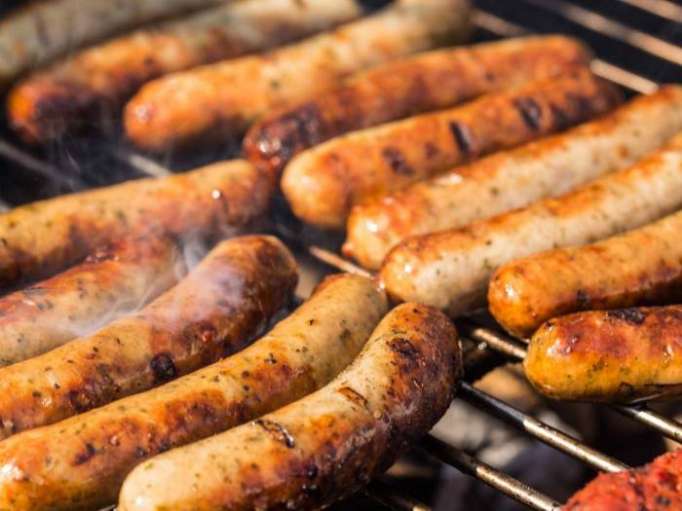Scientists have shown for the first time the mechanism which means fatty cholesterol significantly increases the risk of colon cancers, opening the door for new drugs which could prevent this, the Independent reported.
As well as looking at ways this cancer-boosting pathway could be blocked, researchers from University of California Los Angeles (UCLA) who made the discovery are investigating whether other forms of cancer are also sent into similar growth frenzy by high levels of cholesterol.
“We were excited to find that cholesterol influences the growth of stem cells in the intestines, which in turn accelerates the rate of tumour formation by more than 100-fold,” said Dr Peter Tontonoz from UCLA’s David Geffen School of Medicine.
”While the connection between dietary cholesterol and colon cancer is well established, no one has previously explained the mechanism behind it.”
Cholesterol is an essential component of the outer membrane of all human cells and is produced in the liver as an essential building block for other key substances.
However high levels of cholesterol, particularly “bad cholesterol” in the form of low density lipoprotein (LDL), can increase chances of a heart attack or stroke, though this is a contentious area of scientific low-density present.
The NHS warns that saturated fats increase cholesterol levels, and recommends patients avoid foods, such as fatty meat or cheese, and eat unsaturated fats, like nuts and avocado.
The study, published in Cell Stem Cell, looked at mice with some given a diet high in cholesterol and others genetically modified to produce more cholesterol naturally.
In both cases the extra cholesterol was a powerful trigger for the replication of intestinal stem cells which are responsible for growth of the gut.
As cholesterol levels increased, these stem cells began to divide more rapidly meaning that the gut’s tissue lining increased its area and the mice’s intestine got longer.
But this rapid growth also meant that the growth of tumour cells sped up significantly.
Scientists are still debating whether cholesterol-busting drugs like statins, which are widely prescribed to people at risk of heart attacks or strokes, can lower risk of gut cancers.
But colorectal cancer is a major health burden and figures from the Office of National Statistics released today show they account for 11.5 per cent of the 303,135 new cancer cases that were registered in England in 2016.
The report concludes: “We showed here that high cholesterol diet feeding increased cellular cholesterol levels in [gut] crypts and that cellular cholesterol content regulates the proliferation of ISCs.
Therefore, it says, it is logical that this previously unseen mechanism is what is driving up tumour growth in humans on a high cholesterol diet.
It adds: “Future studies will explore whether manipulating these metabolic axes could be used as a strategy for therapeutic intervention in gastrointestinal diseases.
Cholesterol boosting foods to avoid
Saturated fats are linked to high cholesterol, the NHS recommends avoiding:
- meat pies
- sausages and fatty cuts of meat
- butter, ghee and lard
- cream
- hard cheeses
- cakes and biscuits
- foods containing coconut or palm oil
Source: NHS Choices
More about: health
















































